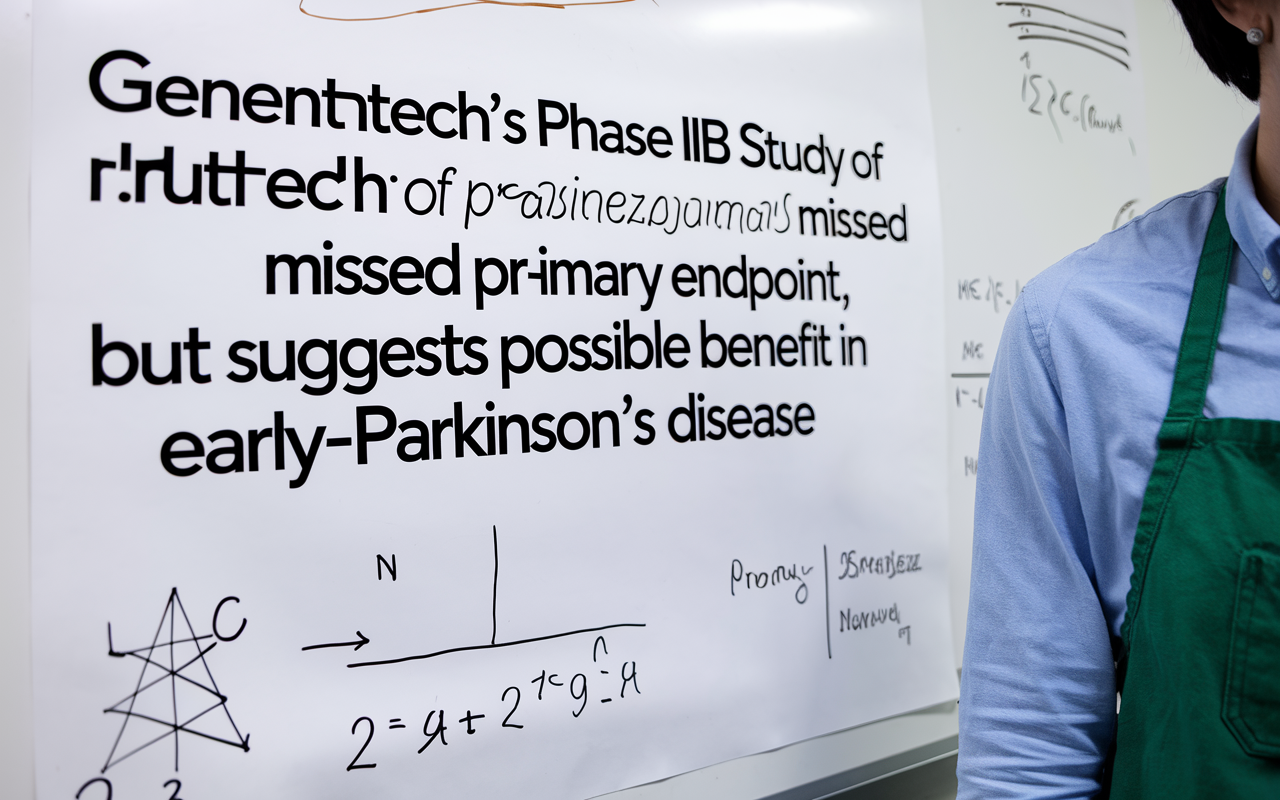Welcome BioPharmaPulse Readers
In the rapidly evolving world of biopharmaceuticals, innovation never rests. This issue dives into the latest breakthroughs and trends shaping our industry.
What's in this issue:
- 🧬 Discover why bone marrow transplants are becoming less common.
- 🧠 Learn about Genentech's promising research in early-stage Parkinson’s disease.
- 📊 Uncover how retractions impact public trust in science.
- 📈 Explore emerging trends in telehealth for 2025.
Thought of the Day
"Innovation distinguishes between a leader and a follower." - Steve Jobs
Latest Developments
🧬 Why bone marrow transplants are becoming less common (5 minute read)

Rundown: Physicians are increasingly opting for newer immune and targeted therapies over traditional bone marrow transplants in treating certain blood cancers. While transplants have been a cornerstone in therapy for decades, advancements like CAR-T cell therapy are changing the landscape.
Key Points
- 🔬 Decline in Autologous Transplants: Reduced use, especially for lymphomas, due to safer and more effective alternatives.
- 🦠 Rise of CAR-T Therapy: Demonstrates superiority over traditional transplants in many cases.
- 📉 Myeloma Treatment Shifts: Slight decrease in transplants as ongoing trials explore CAR-T's potential.
- 👩⚕️ Improved Allogeneic Transplants: Safer procedures enabling treatment of older patients with unmatched donors.
Why it matters: This shift signifies a pivotal change in treatment approaches, potentially leading to better patient outcomes with fewer risks. Staying informed on these trends is essential for innovation in biopharmaceuticals.
🧠 Genentech’s Phase IIb Study of Prasinezumab Missed Primary Endpoint, but Suggests Possible Benefit in Early-Stage Parkinson’s Disease (1 minute read)

Rundown: Genentech announced mixed results from the Phase IIb PADOVA study on prasinezumab for early-stage Parkinson's disease. While the primary endpoint was not met, secondary outcomes indicated potential benefits worth further exploration.
Key Points
- 🧪 Study Involvement: 586 participants with early-stage Parkinson's disease.
- 📊 Primary Endpoint Missed: No significant slowing of disease progression observed.
- 💡 Secondary Benefits: Possible improvements in motor symptoms noted.
- 🔍 Future Research: Additional studies planned to understand prasinezumab's potential.
Why it matters: Parkinson's disease remains a significant unmet medical need. Advancements in treatments like prasinezumab could pave the way for improved patient quality of life.
📊 How retractions get weaponized on social media (6 minute read)

Rundown: Retractions are essential for scientific integrity, correcting errors to maintain trust. However, a recent study highlights how retractions can be misinterpreted and weaponized on social media, fueling distrust in science.
Key Points
- 📚 Science's Self-Correction: Retractions signify ongoing efforts to ensure accuracy.
- 🗣️ Social Media Impact: Retractions can reinforce biases against scientific institutions.
- 🤔 Transparency Issues: Lack of detailed explanations can lead to misinformation.
- 🌐 Need for Better Communication: Experts call for clearer retraction notices accessible to the public.
Why it matters: In an era where misinformation spreads rapidly, understanding retractions' impact is crucial. Enhancing transparency helps maintain public trust in scientific advancements.
Question of the Day
🤔 How can the biopharmaceutical industry best improve public trust in scientific research?
- Increase transparency in research processes
- Enhance communication about retractions
- Promote patient engagement in clinical trials
Trending
📈 3 trends to watch in telehealth in 2025
- Telehealth continues to evolve. Discover key trends shaping virtual care, including policy changes, financial dynamics, and the push for innovation in 2025.
Industry Insight
🧪 The Rise of CAR-T Cell Therapy in Blood Cancers
Learn about CAR-T cell therapy in 5 minutes. This innovative treatment modifies a patient's own T cells to better recognize and attack cancer cells.
By understanding CAR-T therapy, we can appreciate its potential to replace traditional treatments like bone marrow transplants, offering targeted action with fewer side effects. Staying informed on such advancements is vital for those driving future biopharmaceutical innovations.
Quick Hits
📝 Nonprescription Drug Product With an Additional Condition for Nonprescription Use (1 minute read)
- The FDA issues a final rule establishing requirements for certain nonprescription drugs to ensure consumer safety and effectiveness.
🍄 Monterey Mushrooms, LLC; Filing of Food Additive Petition (1 minute read)
- FDA announces a petition to amend food additive regulations for vitamin D2 mushroom powder, potentially enhancing nutritional options.
🔒 Privacy Act of 1974; System of Records (1 minute read)
- HHS modifies existing records systems, impacting how guest speakers at advisory committee meetings disclose financial interests.
Wrap Up
Thank you for joining us on this journey through the latest biopharmaceutical innovations. The advancements and challenges we face today shape the treatments of tomorrow. Let's continue to drive progress together by staying informed and engaged. If you found this issue insightful, please share BioPharmaPulse with colleagues and friends.
Until next time,
Elliot Reeves | BioPharmaPulse
😊 How did you like today's email?
- 😀 Loved it
- 🙂 It was OK
- 😕 Could be better
